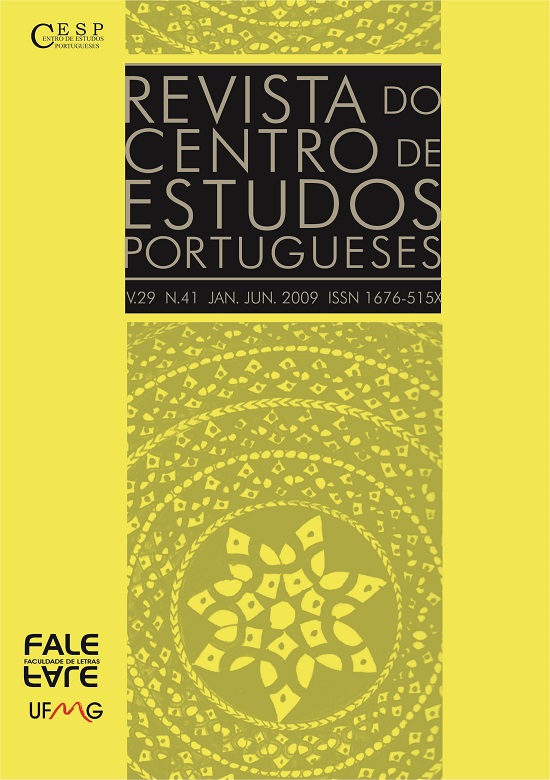O império da escritura
DOI:
https://doi.org/10.17851/2359-0076.29.41.123-136Resumen
A grande personagem do filme O livro de cabeceira, de Peter Greenaway, é a literatura. Felizmente, não é mais uma dessas insuportáveis “leituras” cinematográficas de obras literárias, que reduzem a literatura e humilham o cinema. O filme tem uma linguagem própria, uma personalidade singular. Este texto procura mostrar como o filme dialoga com a literatura e a sexualidade, do ponto de vista oriental, realizando o que Roland Barthes chamou a “felicidade dos signos”, e deslocando a linearidade sintagmática das cenas para uma surpreendente via metafórica não-sequencial. A trama aqui assemelha-se a uma rede, diluindo a ideia de centro, de motivo condutor.
The great character of the movie The pillow book, by Peter Greenaway, is literature. Fortunately, it’s not one of these unbearable cinema “readings” of literary works, which reduce literature and humiliate the art of the cinema. The movie has a proper languge, a singular personality. This text intends to show how the film establishes a dialogue with literature and sexuality, from the point of view of the japanese-chinese culture, performing what Roland Barthes called “happiness of the signs”, and transforming the usual syntagmatic linearity of the scenes into a surprising metaphorical non-sequencial way. The plot here looks like a net, which refuses the idea of a center, of a causal sequence of actions.





